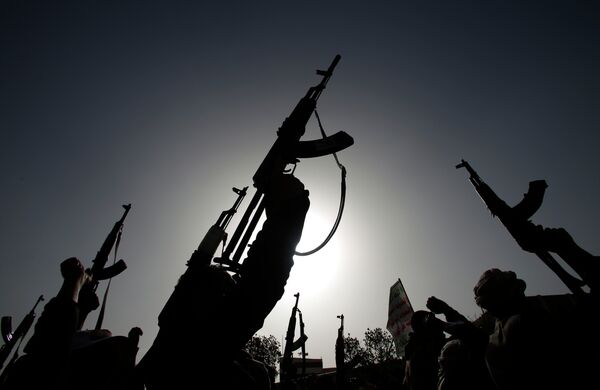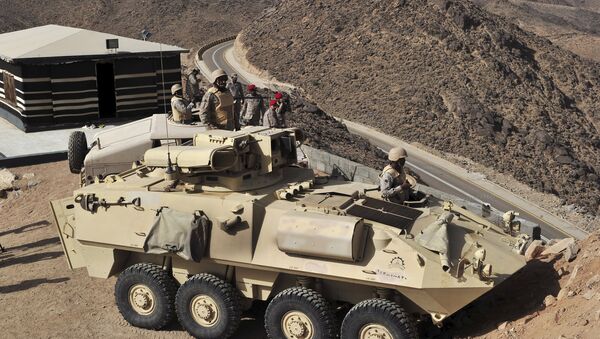The ceasefire is designed to allow humanitarian organizations to deliver assistance to the civilian population, and will allow for the evacuation of the wounded and for civilians to leave the conflict zone.
#Yemen ceasefire window prompts massive aid operation by UN agencies @UN_Radio Geneva reports: http://t.co/8gVUnZHows pic.twitter.com/YDqgWZ8MeV
— UN Geneva (@UNGeneva) May 12, 2015
UN special envoy for Yemen Ismail Ould al-Sheikh arrived in Sana'a on Tuesday afternoon for negotiations with representatives from the Houthi movement and other forces in order to ensure the ceasefire holds. Al-Sheikh emphasized the immediate importance of establishing a permanent ceasefire and beginning a full-scale internal political dialogue.

Meanwhile, despite the impending truce, Arab coalition forces continued to strike the suburbs of Sana'a on Tuesday morning, firing at warehouses and military facilities as well as Houthi leaders' homes and those belonging to the family of former President Ali Abdullah Saleh. As a result of these attacks more than 70 people were killed, according to some estimates, and more than 100 civilians were injured.
Since March 26, Arab coalition forces in Yemen have carried out an operation aimed at suppressing the Houthis and returning to power the president, Abd Rabbo Mansour Hadi, who fled the country. As a result, more than 1200 people have been killed, several thousand civilians have been injured, and tens of thousands have been displaced, according to official figures. The delivery of international humanitarian assistance remains extremely difficult.
Daily Brief: Yemen's child soldiers; abuse of mentally ill prisoners in US; Asia's boat crisis http://t.co/LZzbl5z2qL pic.twitter.com/Ua0Ss63IJ7
— Human Rights Watch (@hrw) May 12, 2015



